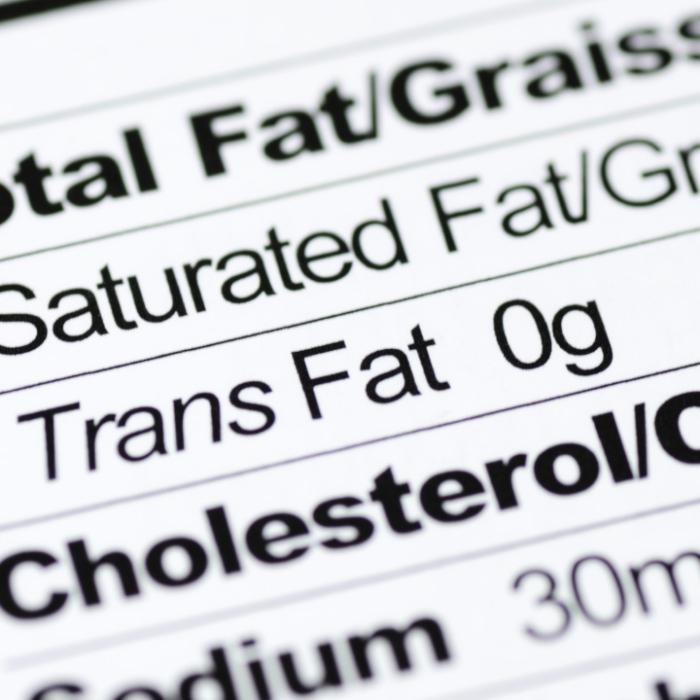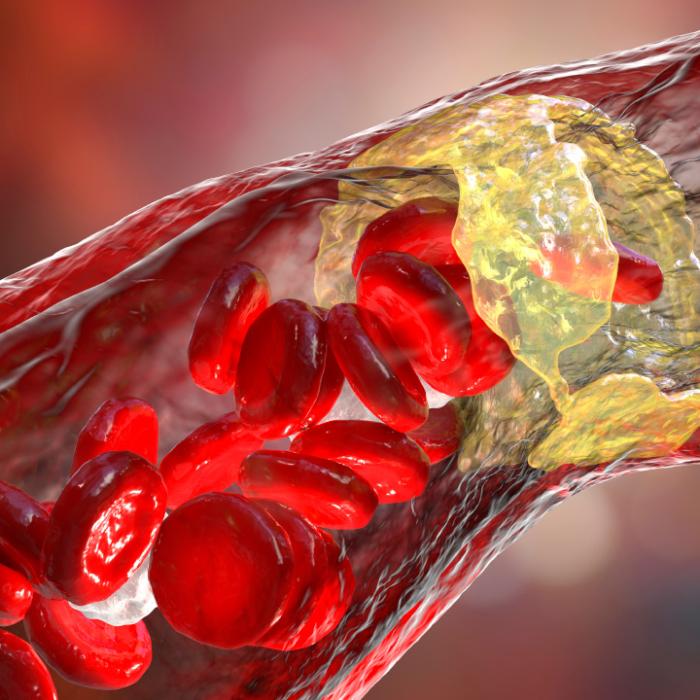For more than half a century, central health authorities told the public to limit saturated fat intake as much as possible to prevent heart disease.
A Matter of Scientific Interpretation
Scientists from the two sides are looking at different studies on saturated fat and coming to different conclusions on its health effects.The current dietary guidelines are based on the “diet-heart hypothesis,” which postulates that saturated fats are the leading culprits of cardiovascular disease.
The theory posits that when someone consumes food containing saturated fat, this fat increases LDL cholesterol (so-called bad cholesterol). This cholesterol accumulates in the blood vessels, forming atherosclerotic plaques that restrict and ultimately block blood flow, causing coronary heart disease.
However, this link between LDL cholesterol and heart disease has been challenged and so has the role of saturated fat in causing heart disease.
Evidence Supporting the Saturated Fat and Heart Disease Link
The argument in favor of limiting saturated fat intake is based on evidence that shows that replacing saturated fat with unsaturated fat decreases the risk of cardiovascular events. But usually, overall mortality rates don’t significantly improve.The core studies showing this link were carried out in the 1960s and ’70s, forming the foundations against saturated fat intake.
These studies include the Los Angeles Veterans Administration diet study conducted in the 1960s. More than 800 men aged 55 or older participated in the trial. Half the participants replaced two-thirds of the animal fat in their diets with vegetable oil, while the other half continued to consume animal fat. After six years, the first group saw a 13 percent drop in cholesterol levels, and only 48 men died from heart disease during the study compared with 70 in the group that consumed animal fat.
“The intervention studies were done in the ’60s and ’70s ... and certainly the intervention studies suggested that there was a small benefit, but it wasn’t statistically very strong,” nutrition researcher Peter Clifton, who’s a professor at the University of South Australia, told The Epoch Times.
Mr. Clifton, who recommends replacing polyunsaturated fats with saturated fats, said more robust evidence supporting the diet-heart hypothesis comes from cohort studies that follow large populations.
A problem with cohort studies is that, unlike randomized controlled trials, they can’t prove causality.
Evidence Against the Saturated Fat and Heart Disease Link
Scientists who challenge the current dietary recommendations to reduce saturated fat intake emphasize the limited evidence supporting such interventions.They often cite the large randomized controlled trials that show that lowering saturated fat or replacing it with polyunsaturated fat had no effect or even caused harm.
Opposition to the link between saturated fat and heart disease includes the Sydney Diet Heart Study, the Minnesota Coronary Survey, and the Women’s Health Initiative Dietary Modification Trial.
“Whole-fat dairy, unprocessed meat, and dark chocolate are SFA-rich [saturated fatty acid-rich] foods with a complex matrix that are not associated with increased risk of CVD [cardiovascular disease]. The totality of available evidence does not support further limiting the intake of such foods,” the authors wrote.
Regarding cohort studies, the perceived benefits of replacing saturated fats with polyunsaturated fats “could be attributed to a possible beneficial effect of polyunsaturated fatty acids and not necessarily to an adverse effect of SFAs,” according to the authors.
“The effect of saturated fat and raising LDL cholesterol is pretty small. So it’s not a really powerful fat,” Mr. Clifton said.
Cochrane Reviews are recognized as the gold standard in research. The authors examined 15 randomized, controlled trial findings on replacing saturated fat with polyunsaturated and monounsaturated fat. The study concluded that this replacement reduced the risk of a cardiovascular event by 17 percent but didn’t affect overall mortality.
The authors of this commentary emphasized findings that show that reducing saturated fats didn’t reduce total mortality, cardiovascular mortality, coronary heart disease mortality, fatal and nonfatal heart attacks, and coronary heart disease events.
Not All Saturated Fats Are Created Equal
Another argument put forward by the authors of the JACC report is that not all saturated fatty acids are equal, so health professionals should look at the sources rather than the overall consumption of saturated fat.Saturated fats are often added to processed food to prolong their shelf life and improve their texture.
Processed foods are also high in sugar, and professor Benjamin Bikman, a cell biology expert at Brigham Young University with a doctorate in bioenergetics, told The Epoch Times that the combination of saturated fat and refined carbohydrates is the most toxic.
Sugar in the blood oxidizes LDL cholesterol. This forms small, dense LDL cholesterol more prone to atherosclerosis. Sugar also increases triglyceride levels in the blood vessels. Oxidized LDL cholesterol and raised blood triglyceride levels are risk factors for heart disease.
To make things more complicated, research has shown that LDL cholesterol may not be the best predictor for cardiovascular risk.








